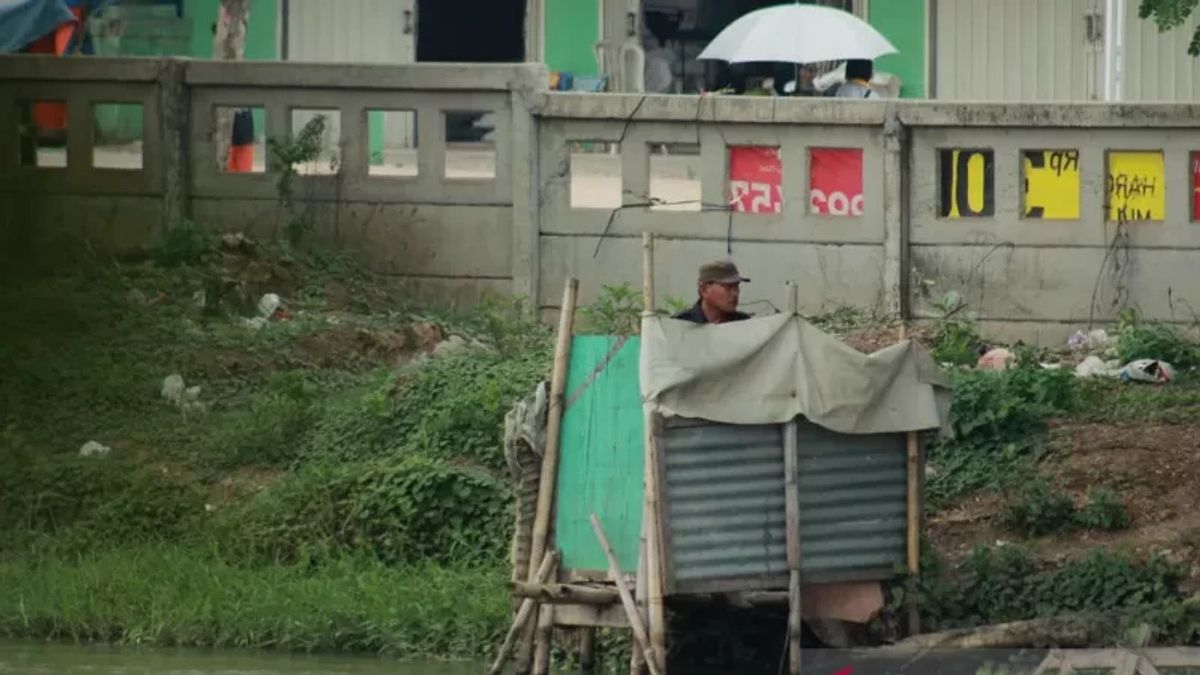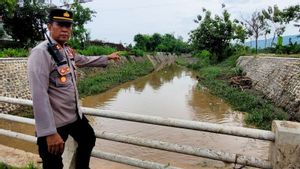JAKARTA - The DKI Jakarta Health Office (Dinkes) will check to follow up on information related to 700 thousand residents in Jakarta still defecating carelessly, which was mentioned by the DKI Jakarta DPRD during a plenary meeting.
"We re-check, yes. We are always with the kelurahan apparatus, to ensure how residents do their defecating properly," said Head of the DKI Jakarta Health Office Widyastuti to reporters, Friday, November 11.
Widyastuti explained, the definition of open defecating also needs to be interpreted in full.
He gave an example, people who throw used diapers into rivers or rivers so that they are polluted do not mean open defecation.
"So, the open definition has its own definition set by the Ministry of Health," said Widyastuti.
So far, continued Widyastuti, the Health Office continues to cooperate with cross-regional apparatus organizations in counseling on the fulfillment of baths, washing, and toilets properly or according to standards.
The DKI Jakarta DPRD revealed various problems that need to be resolved in the DKI Provincial Government's work program and its budget allocation in 2023 at a plenary meeting on Wednesday, November 9.
One of them is the Gerindra faction which highlighted hundreds of thousands of residents in Jakarta still defecating carelessly. This is obtained from data held by the DKI Jakarta Health Office.
"According to data from the DKI Provincial Health Office in 2021, it is stated that there are still 770 thousand Jakarta residents who defecate carelessly (BABS) or open defecate," said Gerindra faction member Thopaz Nugraha Syamsul at the DKI Jakarta DPRD building.
Therefore, Thopas asked the DKI Provincial Government to increase the budget allocation for regional capital participation (PMD) to BUMD Perumda PAL Jaya to build a communal septic tank or septic tank so that these residents no longer defecate carelessly.
"For this reason, it is necessary to strengthen the budget for Perumda PAL Jaya which is allocated in providing Komunal Septic Tanks for densely populated and slum residential areas," said Thopaz.
The English, Chinese, Japanese, Arabic, and French versions are automatically generated by the AI. So there may still be inaccuracies in translating, please always see Indonesian as our main language. (system supported by DigitalSiber.id)








